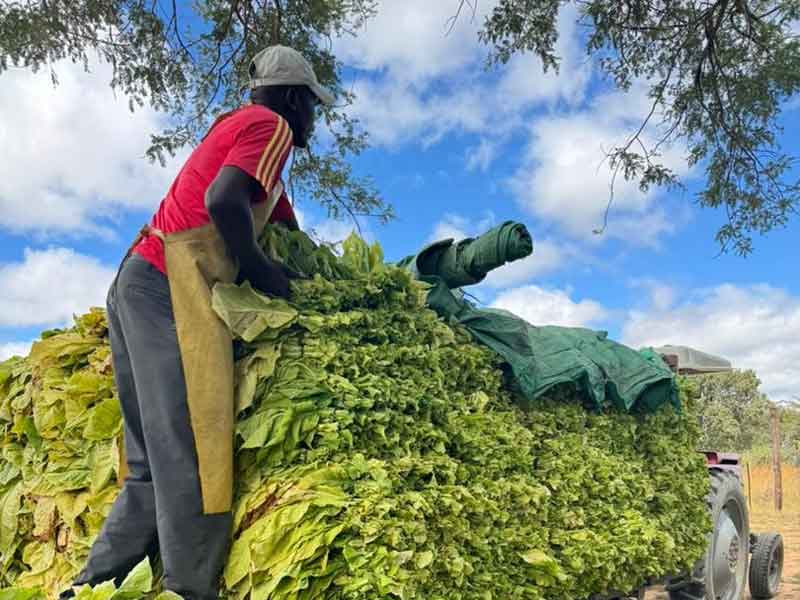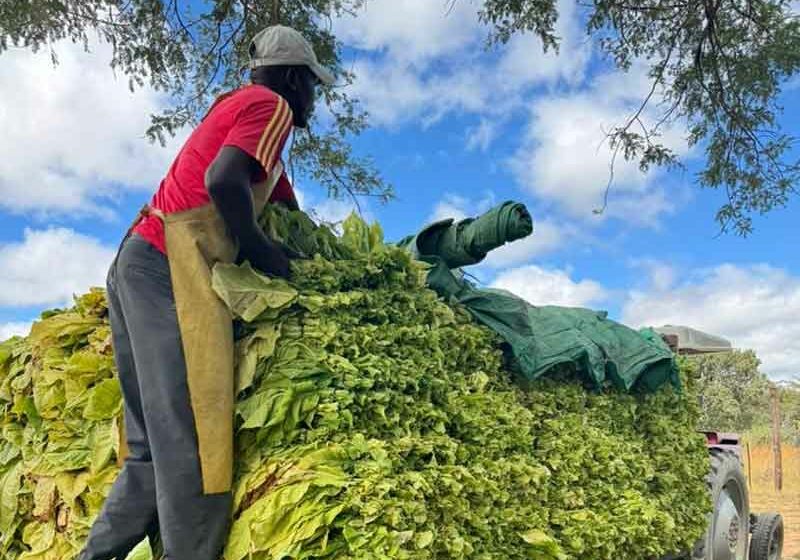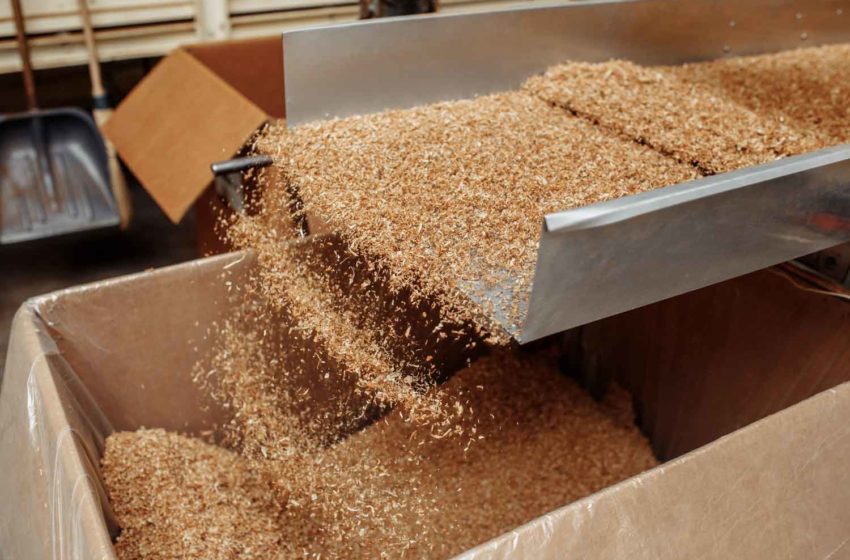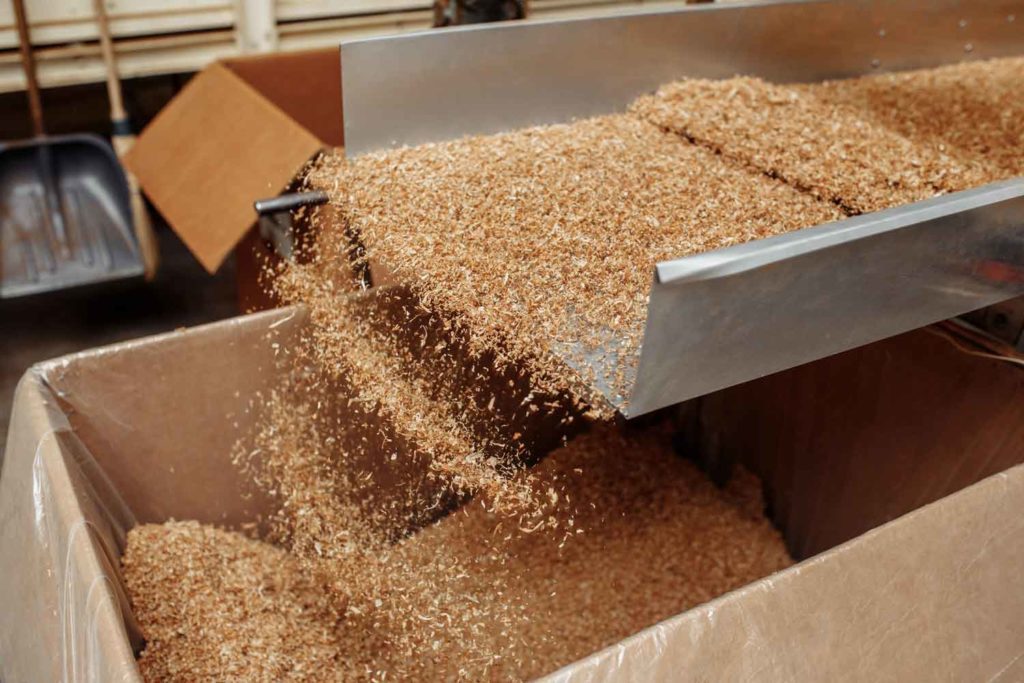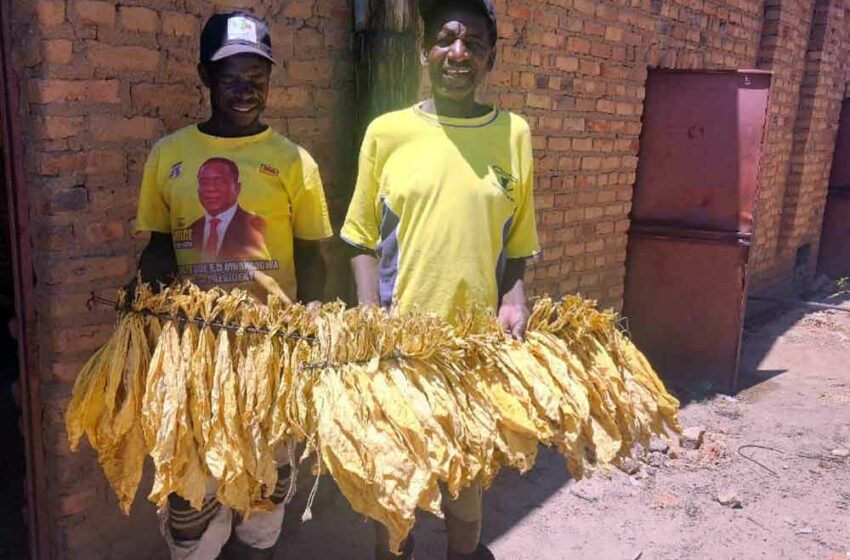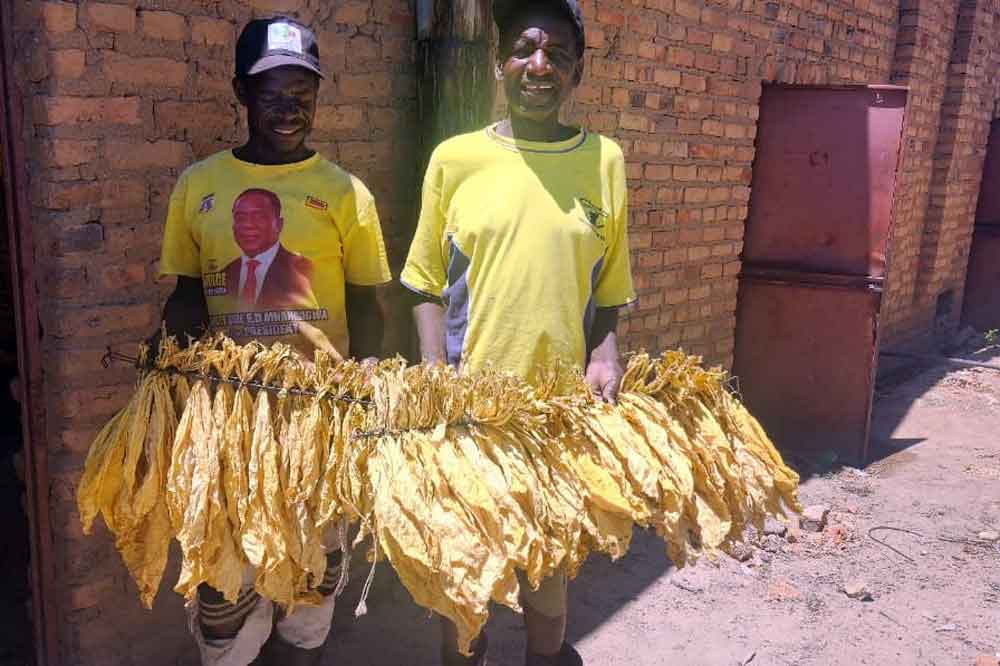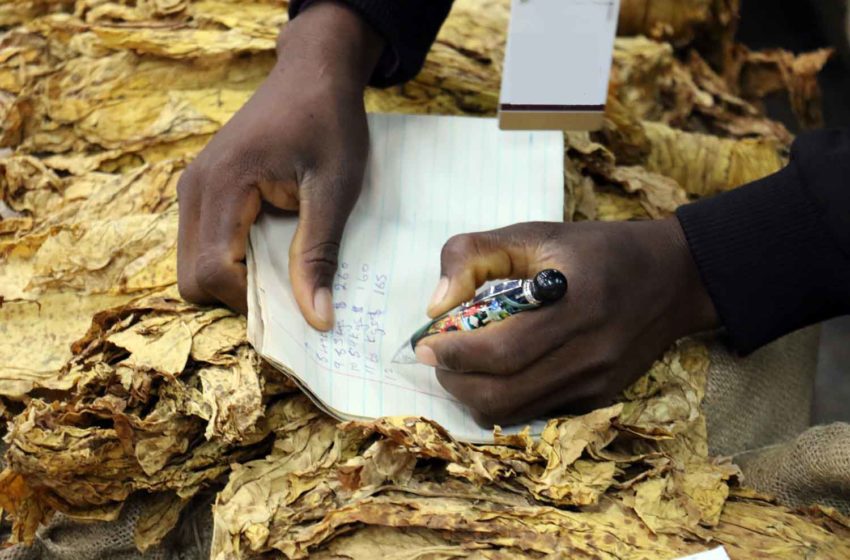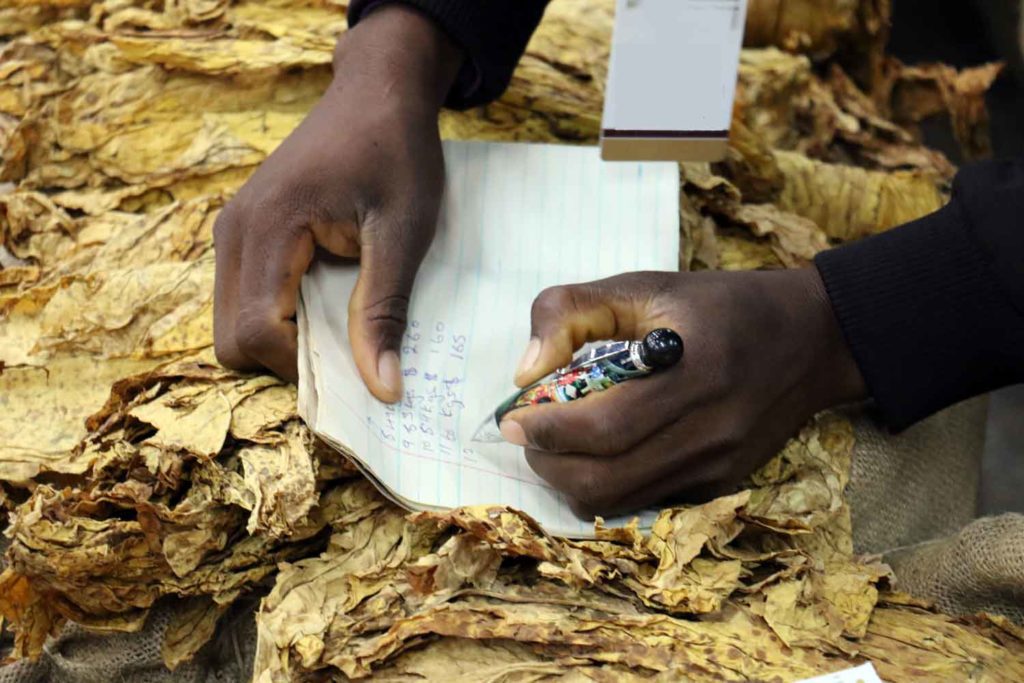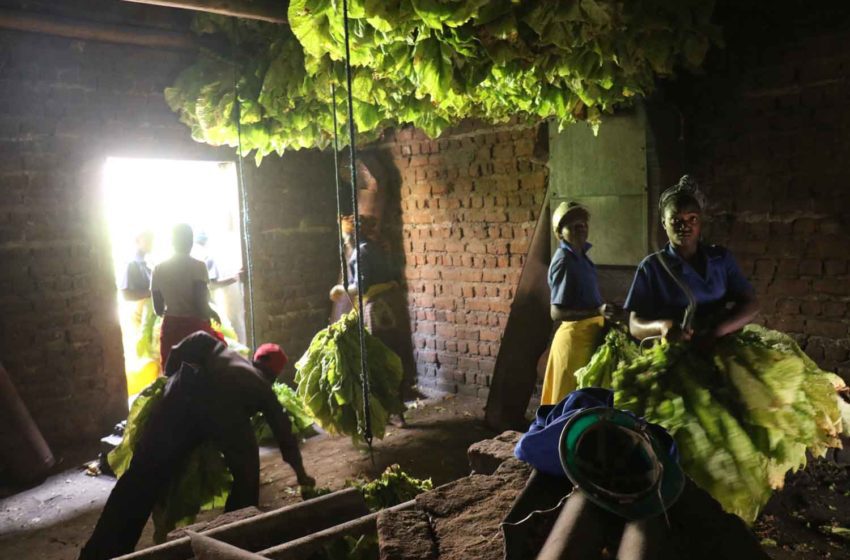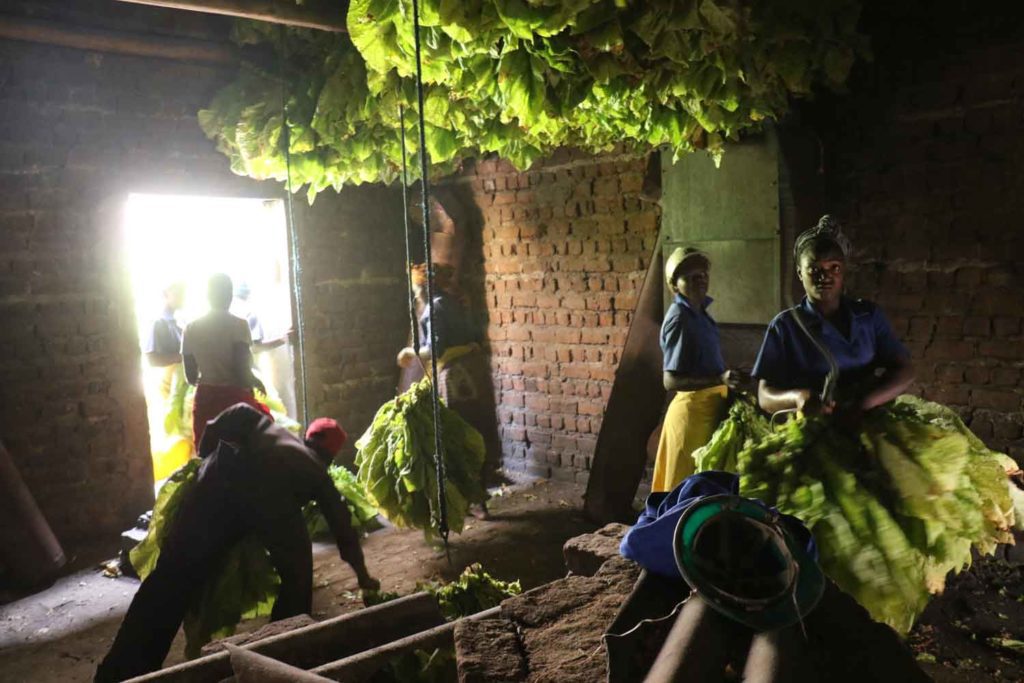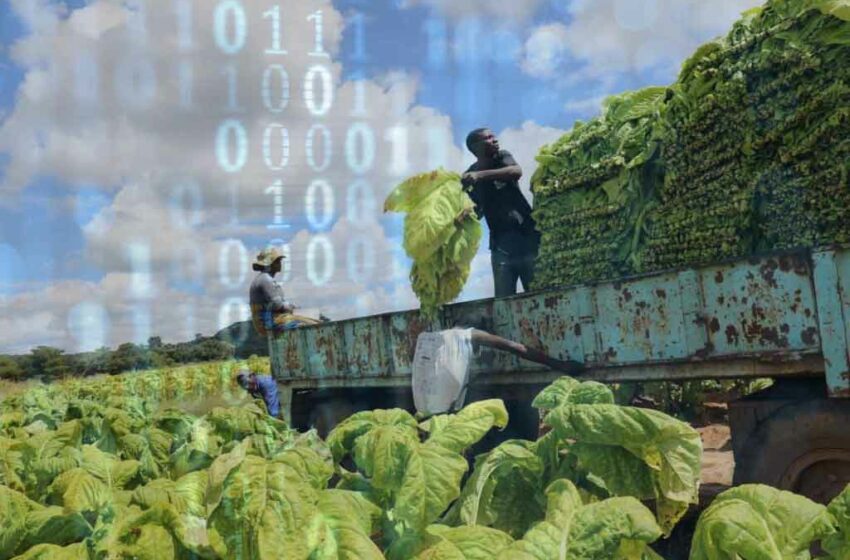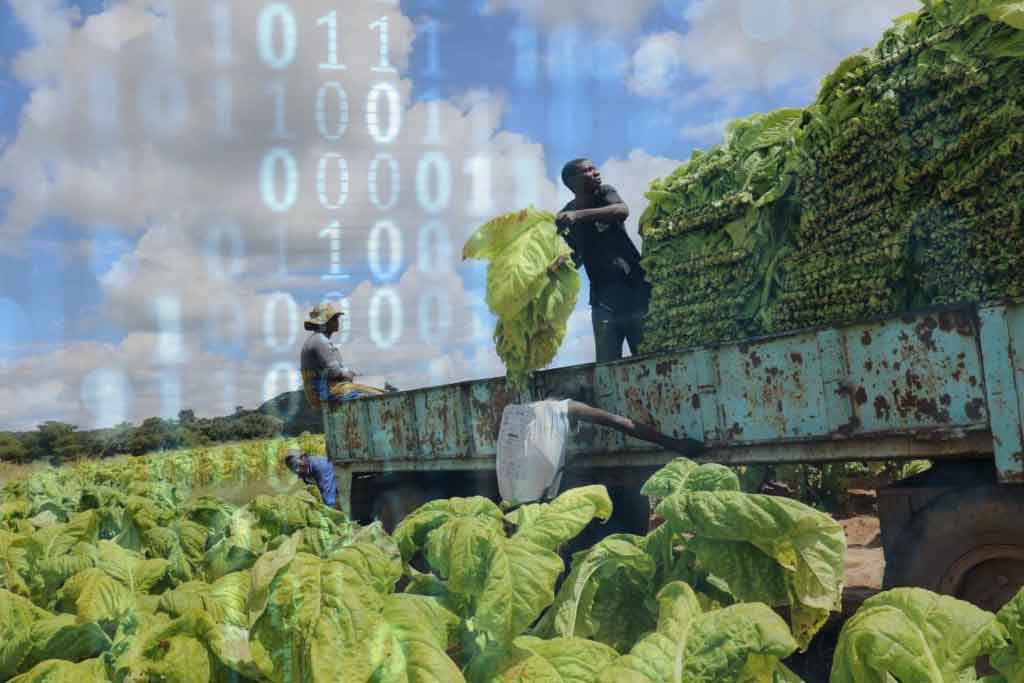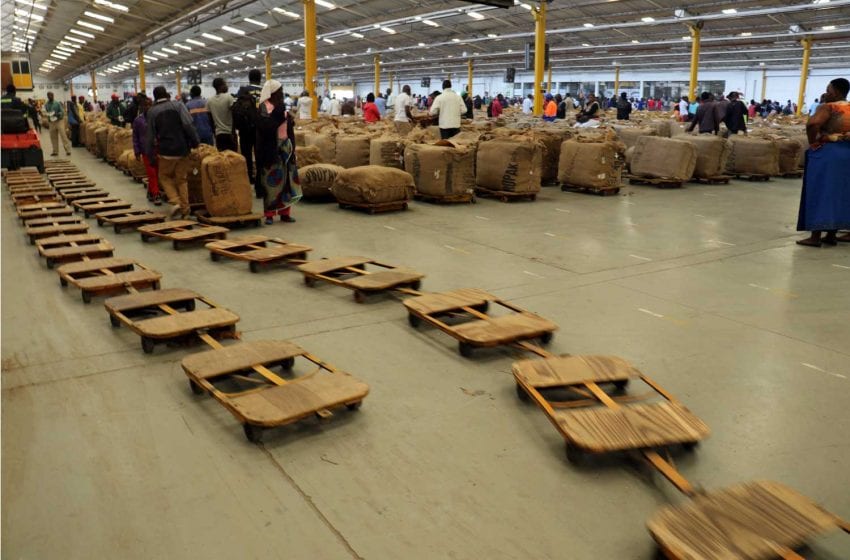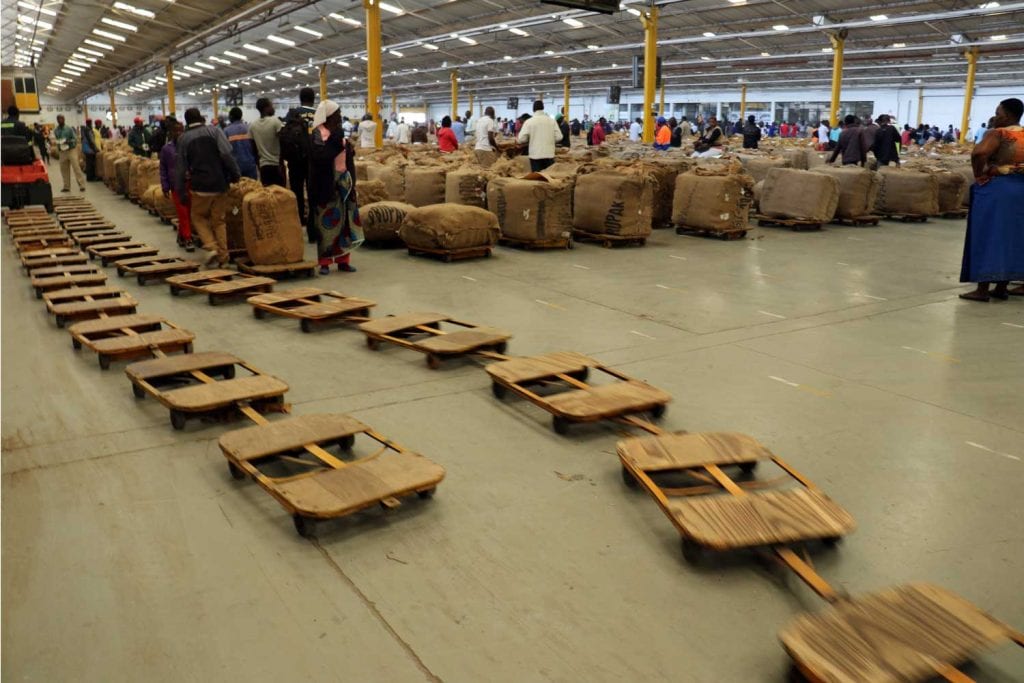It would be wrong, however, to give the impression that everything has been going without a hitch. Monkau readily admits that his company was hit by financial and other constraints during the 2022–2023 season and that its crop of 150,000 kg was well below what had been initially targeted. And while the 600,000 kg crop expected this season would represent a major increase, it would have been even bigger, perhaps 1 million kg, but for the El Nino weather effect.
But then El Nino affected all tobacco (and other) crops in Zimbabwe (and elsewhere, and the resulting drought was eventually declared a national disaster. The unhelpful weather conditions did not come out of the blue, however, and, in mitigation, Cavendish Lloyd was able to focus on growing an irrigated crop from the start. At the same time, Monkau said, the dryland crop had had to be scaled back to ensure that growers did not plant crops that they would not have been able to sell.
Unfortunately, the current situation implies that things could reverse next season and create problems for those who use irrigation for growing tobacco because there has not been enough rain to fill dams and reservoirs.
Despite these setbacks, it is not proving difficult to attract farmers to LNFCT. Cavendish Lloyd started out on this project three seasons ago with just one grower, who is still on board, but he has been joined by about 40 others, ranging from commercial to small-scale farmers. Monkau said that LNFCT was relatively easy to grow and provided good returns when cultivated well, so farmers had been lining up to produce this variety.
LNFCT is closer grown than standard flue-cured tobacco; it requires the application of less fertilizer; it is not topped; it provides for faster harvesting because more leaves are reaped with each pass; and it requires less energy during curing. All this adds up to efficiency savings and better returns, not to mention environmental gains.
Nevertheless, the switch from growing a regular flue-cured crop to LNFCT requires some adjustments on the part of the grower, who is presented with logistical challenges if he grows LNFCT alongside regular flue-cured. For instance, because LNFCT cures faster than regular flue-cured, growers need good barn management skills when scheduling curing. In fact, Monkau believes it is preferable for growers to concentrate on either LNFCT or regular flue-cured.
To help growers further, Cavendish Lloyd is currently looking at employing more sophisticated ways of crop management than are now used. “By using satellite imaging to monitor crops, we can deploy our agronomy team more efficiently to areas that need immediate and special attention rather than have them do their weekly rounds of farmers,” he said. “It is a relatively cheap way of potentially increasing crop yields dramatically, and it is quite amazing what kind of information can be gathered on a day-to-day basis.”
Looking to the future, I asked if African-grown LNFCT might be used for purposes beyond shisha manufacture, to which Monkau replied that his company had already had inquiries from companies operating in the cigarette and RYO markets that were interested in obtaining a bright, low-nicotine-style tobacco that fitted their established blends. In addition, a recent sale of 10,000 kg of LNFCT to a flavor extraction plant in Zimbabwe had shown that there were other outlets for this type as well.
In finding and establishing these other outlets, it probably helps that as well as being involved in LNFCT production, Cavendish Lloyd has contacts made through some of its other operations, which include the marketing and distribution of cigarettes, and the trade in tobacco, cut rag and tobacco production materials, such as packaging. And since 2023, cigarette manufacturing can be added to that list since the company last year established a manufacturing plant in Lusaka, Zambia.
